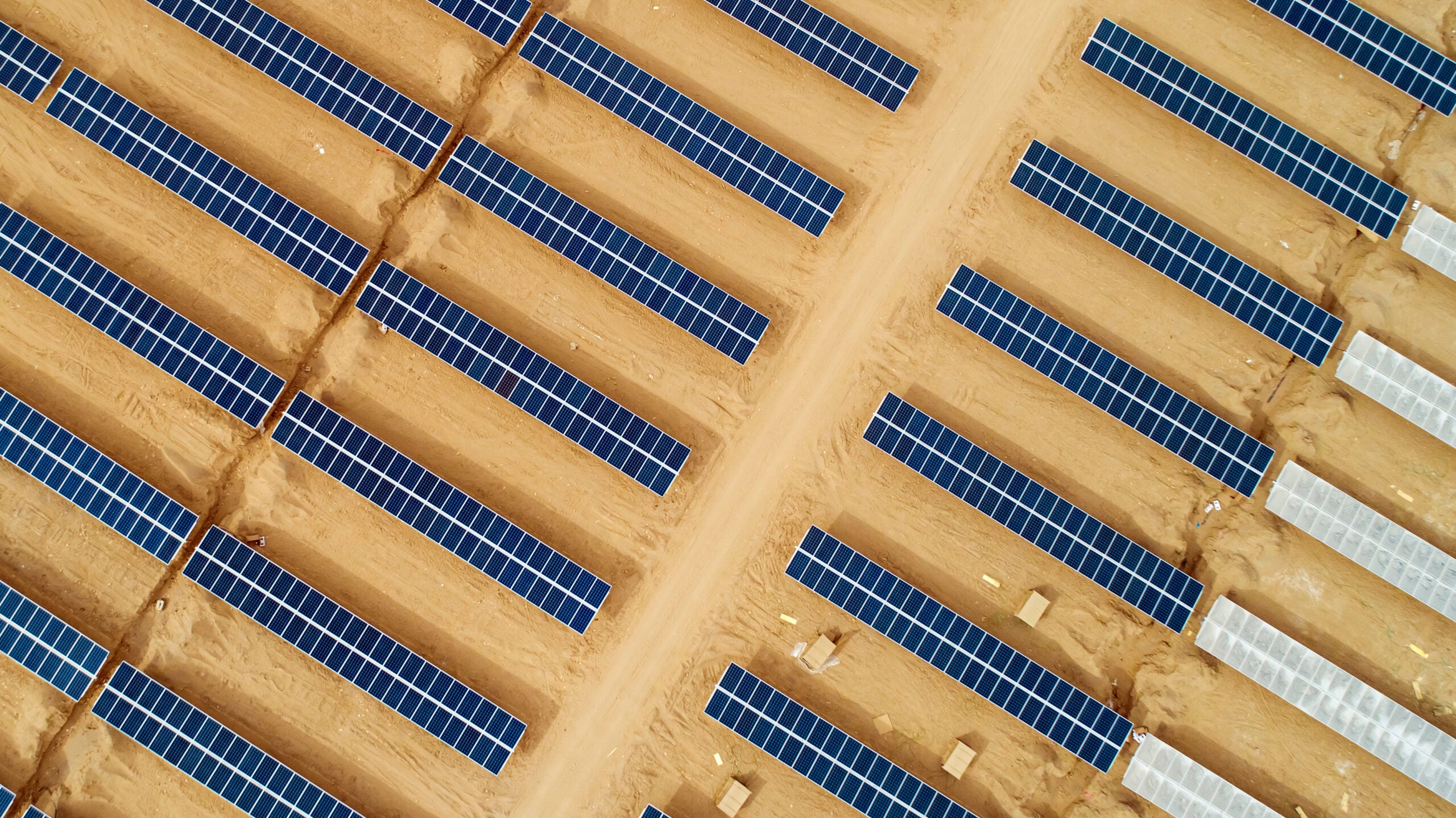
The Danish Energy Agency (DEA) has signed an implementing arrangement with the Korean Energy Agency (KEA) to ‘strengthen their collaboration’ on renewable energy. Denmark and South Korea have been members of the Green Growth Alliance since 2011 and will work together on green, low carbon economic growth through political, technological and research cooperation.
The agreement follows a November 2018 memorandum of understanding between the Danish ministry of energy, utilities and climate and the Korean ministry of trade, industry and energy.
How well do you really know your competitors?
Access the most comprehensive Company Profiles on the market, powered by GlobalData. Save hours of research. Gain competitive edge.

Thank you!
Your download email will arrive shortly
Not ready to buy yet? Download a free sample
We are confident about the unique quality of our Company Profiles. However, we want you to make the most beneficial decision for your business, so we offer a free sample that you can download by submitting the below form
By GlobalDataThe South Korean government has announced plans to install 12GW of offshore wind power and 4.5GW of onshore wind by 2030. Despite this, it is expected that the country will miss its renewable energy targets for 2030 with just 17% of its energy coming from renewable sources. The DEA will assist with this, and in return will receive input on energy storage and hydrogen gas for the Danish energy sector.
An agreement on the development of offshore wind was also signed between the Danish town of Esbjerg and the port city of Ulsan in Southeast Korea. The two cities will work together on the regulation framework, academic research and operations and maintenance (O&M).
Ulsan is currently South Korea’s leading industrial port but has recently announced that it will transform into a national hub for offshore wind, a process that Esbjerg previously went through.




